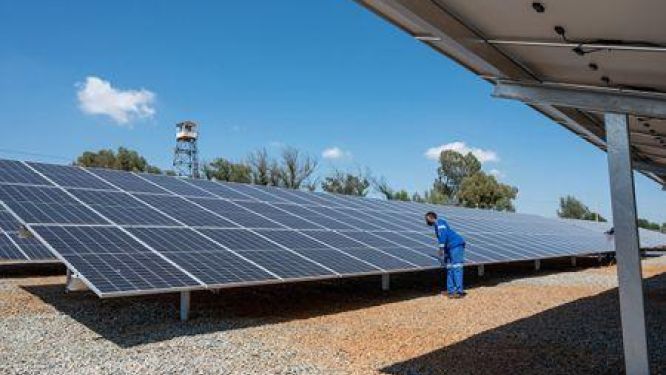
• Mailo solar plant begins feeding 25 MW into Zambia’s grid, part of a 110 MW project.
• Zambia aims for 50% electricity access by 2030 with 1,000 MW of solar by end-2025.
• AfDB report urges stronger regulation as rapid growth outpaces oversight.
Zambia took a major step toward its energy goals with the Mailo solar power plant starting production. Since June 30, the plant has injected 25 MW into the national grid, marking progress in Zambia’s push for more renewables.
State utility ZESCO and UK-based Solar Century Africa developed the Mailo project in Serenje district. The facility’s 110 MW capacity will help Zambia diversify its energy mix, which still relies heavily on drought-prone hydropower. Zambia plans to install 1,000 MW of solar capacity by the end of 2025 to increase electricity access to 50% by 2030.
However, the rapid growth of solar projects exposes weaknesses in Zambia’s regulatory framework. The African Development Bank’s 2024 Electricity Regulatory Index ranks Zambia 14th out of 43 African countries with a score of 0.691—above the continental average but outside the top 10.
The report praises Zambia’s regulatory governance, giving it a strong 0.819 score for having an independent regulator and sound legal structures. But it finds shortcomings in regulatory substance (0.655) and especially outcomes (0.599), reflecting gaps in areas like mini-grid oversight, off-grid systems, and consumer protection.
The AfDB warns that fast-paced solar expansion, like the Mailo project, is outstripping regulators’ ability to monitor tariffs, integrate decentralized systems, and support energy efficiency. It calls for stronger operational regulation to ensure better service quality, fair prices, and expanded electricity access—key measures of real impact on consumers.
Abdel-Latif Boureima











Comments